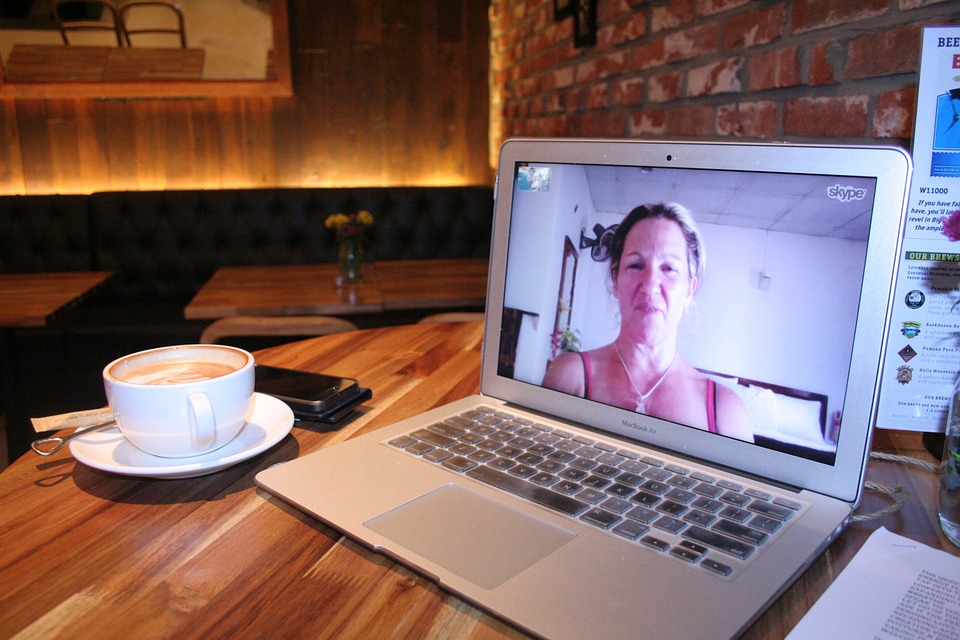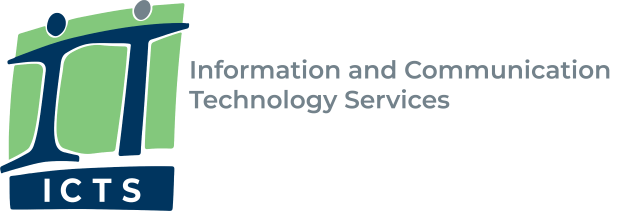
In today's world, traditional desktop computers are increasingly being replaced by more mobile options such as laptops and tablets. And with the rapid advancement in smart phone technology, even mobile phones can provide decent access to applications such as email and web browsing.
The compact size and lightweight nature of these devices makes them attractive, while their ability to connect to the internet from just about anywhere means that you might never have to be bound to an office desk again.
Safety first
With the relative freedom offered by mobile computing, it's easy to overlook the basic risks that you face when doing any kind of computing - viruses.
Just as desktop computers need to use anti-virus software, laptops and tablet computers also need to be protected. And with the increase of computing applications on mobile phones, even these devices are at risk if they're not secured with a suitable anti-virus program.
For laptops, UCT staff and students may use McAfee anti-virus for both their UCT-owned computers and their private computers – without charge. For tablet computers and mobile phones, a number of options are available.
Invisible dangers
Traditionally, getting on the internet meant that you needed to plug a cable into your computer and connect to a modem or your home or office network. But today, many internet users connect wirelessly – using cellular networks' 3G and 4G services, and, more commonly, free WiFi hotspots.
Whether you're in a mall, coffee shop, airport, or another public place, there's a good chance your location is covered by a WiFi hotspot. While some service providers charge you to use the hotspot, others offer it free – making it even more enticing.
But 'free' internet doesn't mean it's safe to use. In fact, quite the opposite: 'free' WiFi hotspots are a major magnet for hackers and criminals who know that, if you're not as careful as you should be, they can access your computer and all the information that you send and receive during your internet browsing session.
Open networks are far from secure and using them without adequate safety measures can expose you to numerous dangers, such as:
- Loss of privacy: Letting others have access to your personal info and online accounts – such as your email, social media, and company log ins. This not only compromises your privacy, but could lead to greater risks, such as identity theft.
- Criminal and financial risk: Criminals and hackers may be able to capture your online banking account details and then make purchases or conduct fraudulent activities using your account.
Proceed with caution
It's scary to think how vulnerable you can be on a wireless network – but that doesn't mean you should totally avoid using WiFi. By following safety tips, you can dramatically reduce your chances of being compromised:
- Use built-in safety features: If your operating system offers a firewall, use it. And if your operating system allows you to hide or encrypt your files, do so.
- Know which WiFi spot you're connecting to: If you are in an open public access WiFi hotspot area, always speak to the service provider to confirm that the WiFi network that you see on your computer is in fact the one you're supposed to connect to. Hackers sometimes set up fake networks with realistic names to dupe unsuspecting users into connecting to them.
- Don't assume that price equals safety: Even if a provider charges a fee for a WiFi hotspot, it doesn't necessarily make that hotspot more secure. These hotspots are often not encrypted - leaving you vulnerable to risks.
- Use a VPN: If your company offers a Virtual Private Network (VPN), use it. VPNs - such as the one used by UCT - offer you high-strength protection even from public hotspots, allowing you to securely access resources and the internet.
- Use the “S”: Whenever you type a web address into your browser, start with “https”, rather than just “http”. This activates Secure Socket Layer (SSL) – which is a form of encryption that prevents others from seeing your data. Some sites don't offer https versions, but you can download add-ons which will force your web browser to use this encryption.
- Protect sensitive data: No matter what security and encryption types you use, hackers will always try to find ways to break or bypass your safety measures. So when using a public WiFi access point, it's better to completely avoid typing in data such as credit card numbers, banking information, or personal data like your ID number.
- Exit: When you're done with your email or other online account, log out rather than staying permanently signed in. And if you don't need internet access anymore, turn your device's WiFi setting off. Not only does this protect you from risks, but it also increases your battery life.
